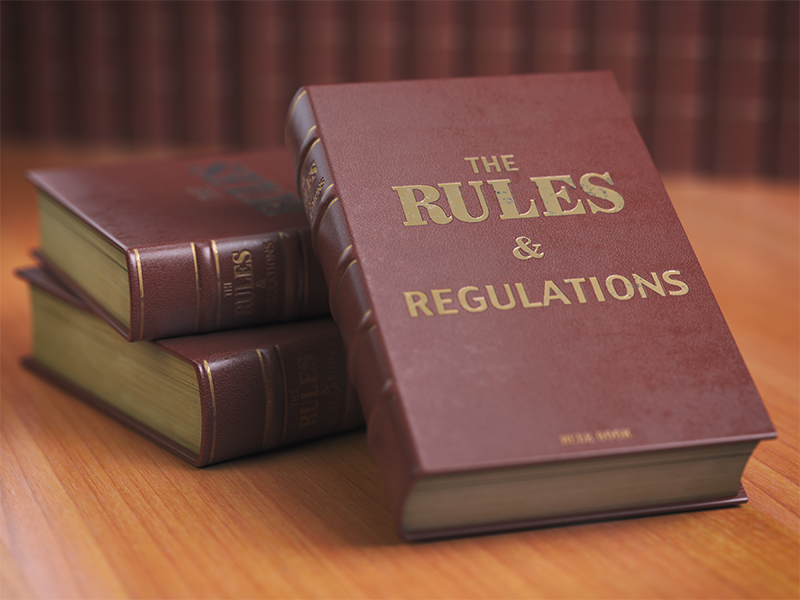Both sale and agreement to sell can be easily explained with the following example. Let us visualize that you have decided to buy a house property. After identifying a property which suits your requirements, you have to consider two important aspects before entering into the sale agreement with the vendor. The first job is to ascertain whether the seller has absolute title over the property. The second aspect is that you need to find out whether the construction is legal and authorized. So to get the necessary documents for verification you need to first enter in to an agreement the seller with some initial payment where the vender (seller) agrees to sell and you as a buyer agree to buy, under certain terms and conditions spelled out in writing in the document signed by both parties. This agreement you have entered into with the vendor is called an ‘Agreement to sell’.
Whereas in “SALE” a seller transfers his right on the property to the purchaser who then acquires absolute ownership of the property. The main document executed by the seller to transfer the property to the purchaser is known as sale deed. It is also referred to as the conveyance deed.
Many people get confused amidst these two terms Sale and Agreement to sell. Let us clear their doubts with the following explanations.
- In sale, the exchange of property and money consideration takes place simultaneously. However, in an ‘agreement to sell’ the parties to the contract agree to exchange the property for a price at a future stated date.
- ‘Sale’ is an executed contract whereas ‘Agreement to sell’ is an executory contract.
- In ‘sale’, nature of contract is absolute but in an ‘agreement to sell’ the nature of contract is conditional.
- In ‘sale’, the title to the property being transferred to the buyer while in an ‘agreement to sell’ the title of goods remains with the seller.
- Risk and rewards are transferred with the transfer of goods to the buyer in ‘Sale’. On the other hand, risk and rewards are not transferred to buyer as the goods are still in the possession of the seller.
- In case of ‘sale’, seller is not responsible for any loss or damage to the property subsequent to sale. However, Seller is responsible for any loss or damage to the property subsequent to ‘agreement to sell’ as the property is still in his possession.
- GST/Tax is levied at the time of ‘sale’. No tax is levied at the stage of ‘agreement to sell’.






